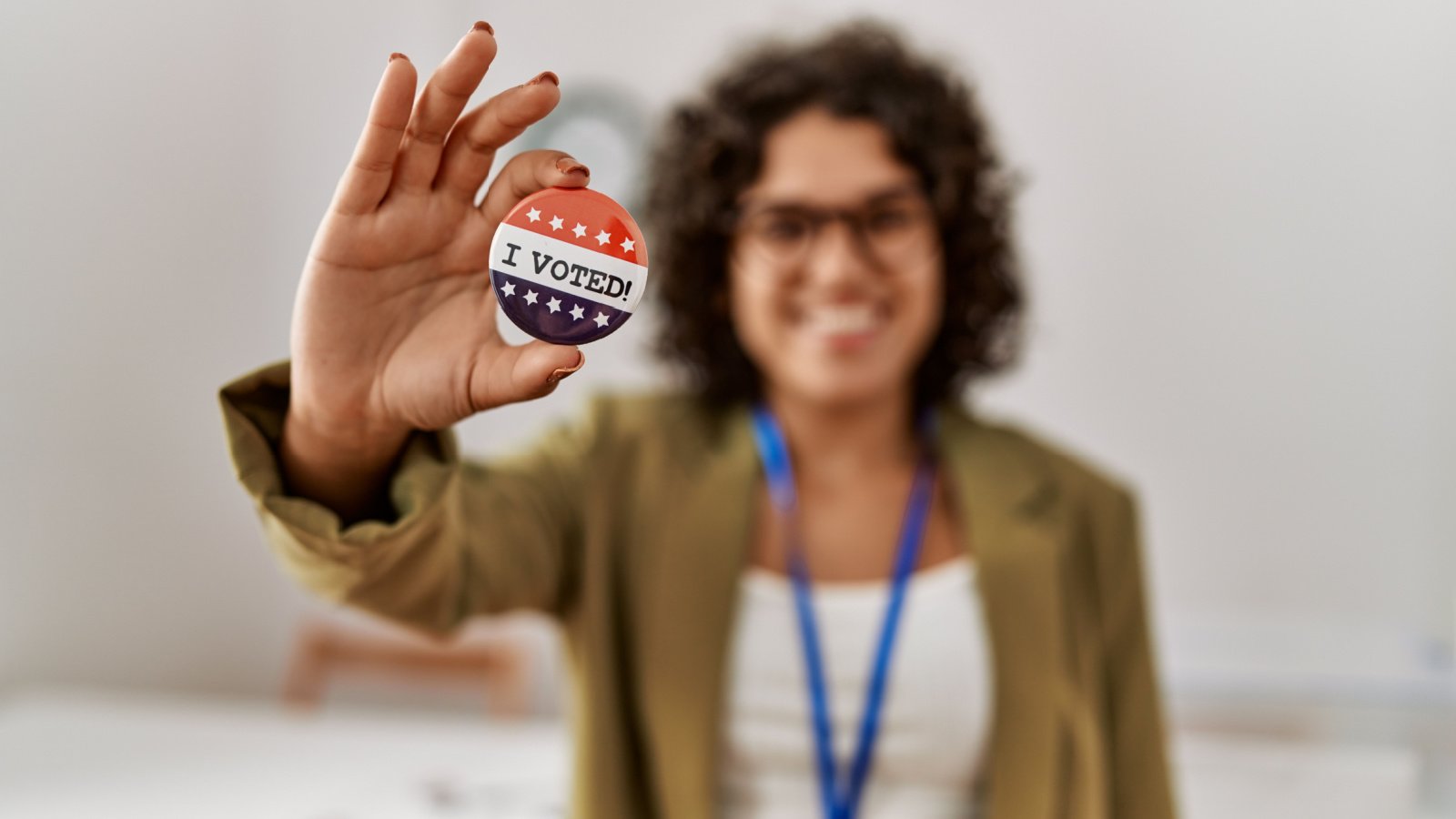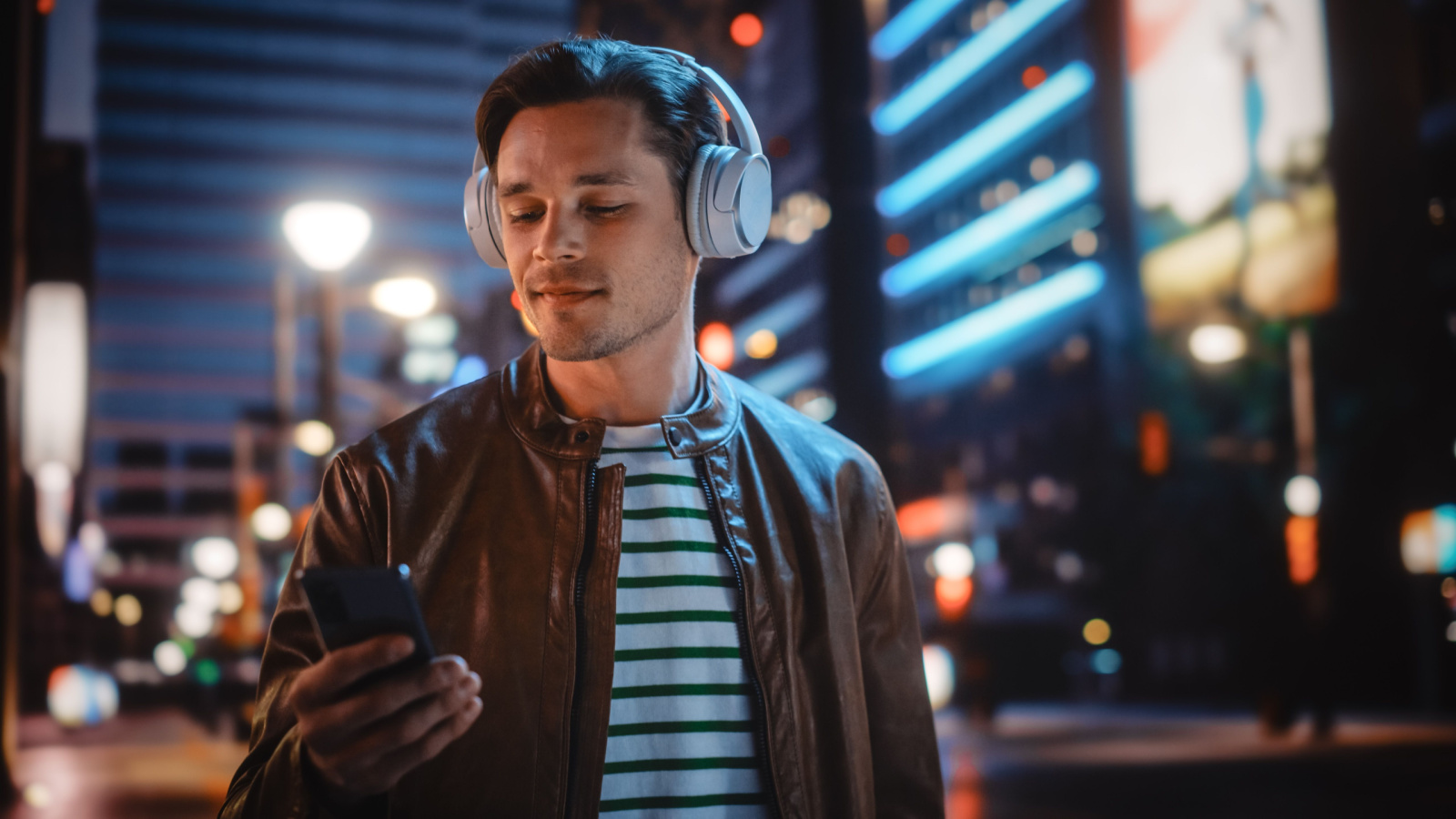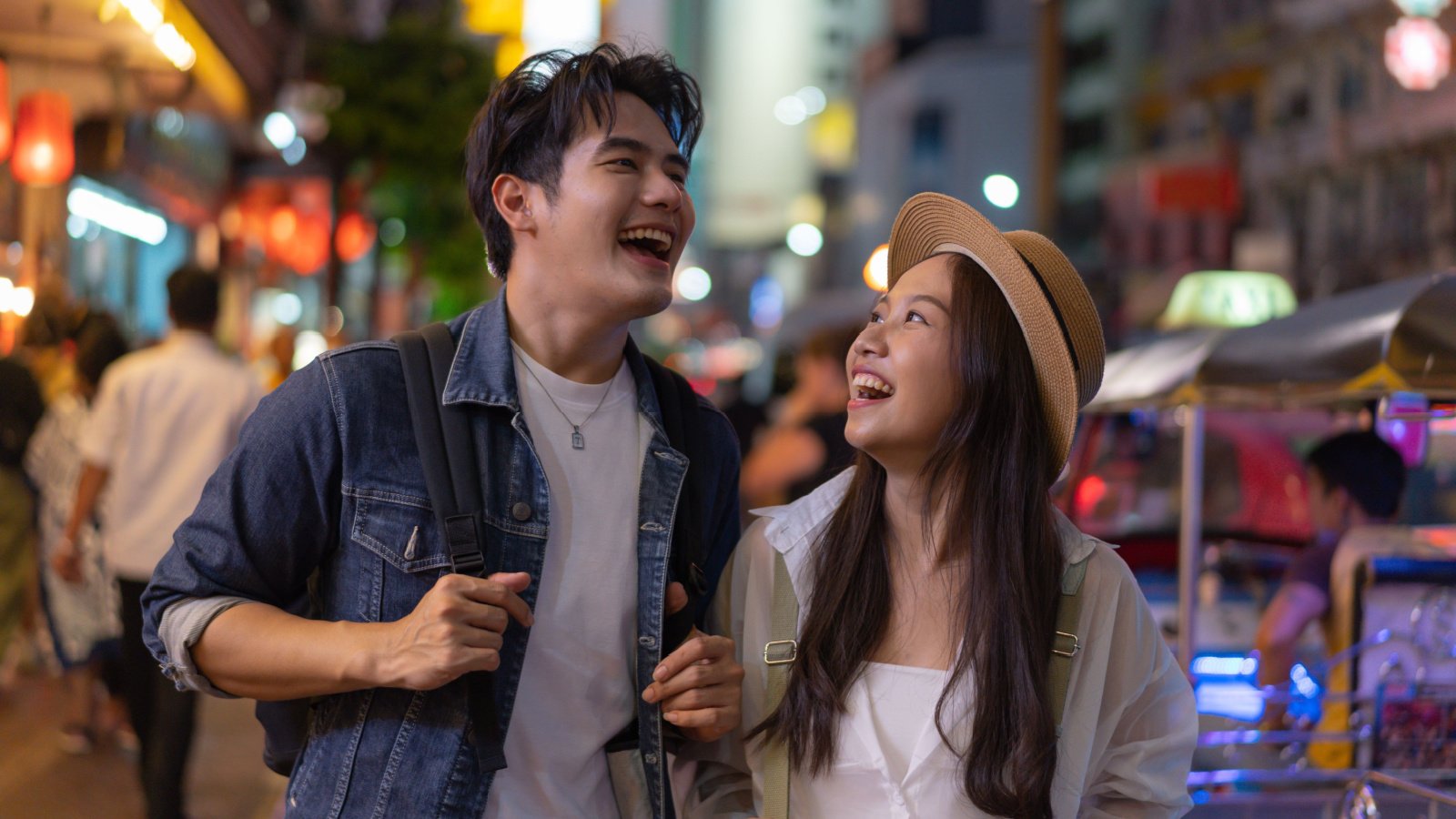As societal norms evolve, the perspectives of different generations often clash, but in some areas, consensus is growing between older generations and millennials. From the environmental impact of fast fashion to the mental toll of a 24/7 work culture, millennials are beginning to see the wisdom in their elders’ caution. This alignment signifies a shift in attitudes that transcends age and speaks to broader societal changes. By exploring these converging viewpoints, we uncover a unique blend of old and new perspectives that are shaping our current cultural landscape.
Overuse of Technology

Older generations often criticize the pervasive use of technology, arguing it leads to decreased face-to-face interactions. Millennials, initially the champions of digital life, are starting to feel burnt out from constant connectivity. A growing trend among younger people is embracing digital detoxes to reclaim personal time and mental health.
Fast Fashion

Previously enticed by rapid, affordable fashion trends, millennials are now echoing older concerns about sustainability. The environmental and ethical implications of fast fashion are leading many to prefer quality over quantity. Thrift stores and sustainable brands are gaining popularity as the new shopping havens.
Processed Foods

Boomers have long harbored skepticism towards processed foods, which were once celebrated for convenience. Millennials are increasingly adopting this wariness, propelled by a surge in health consciousness and a preference for organic options. The shift is evident in the rising demand for farmers’ markets and whole food products.
24/7 Work Culture

The older generations’ value of work-life balance is becoming a surprising aspiration for the millennial workforce, who were initially all-in for hustle culture. Experiences of burnout and the desire for a more balanced life are driving this change. Consequently, flexible working hours and remote work are highly prized.
Reality TV

Once a guilty pleasure, reality TV is losing its appeal among millennials, much like it did with their parents. The genre’s lack of depth and staged authenticity is becoming more apparent and less entertaining. Documentaries and series with rich storytelling are taking precedence.
Political Apathy

Traditionally, older generations have lamented low engagement in politics among youth. However, millennials are beginning to see the importance of being politically active as they encounter more socio-economic challenges. This generation is increasingly vocal about their rights and the need for policy changes.
Disposable Culture

Older generations criticize the disposable culture that has developed over recent decades, particularly in terms of technology and fashion. Millennials are increasingly concerned about the environmental impact of this throwaway culture. Repairing, recycling, and buying durable goods are becoming more popular choices.
Excessive Debt

Skepticism about accumulating debt, especially from credit cards and loans, was common among older adults. Now, millennials, burdened by student loans and housing costs, are also prioritizing financial freedom and debt reduction. Financial literacy is becoming essential, with many seeking to avoid the debt traps of previous generations.
Heavy Drinking

Social drinking has always had its critics, especially among older adults who value moderation. Millennials are now also turning away from heavy drinking due to health concerns and a growing interest in wellness. The rise of mocktails and sober bars underscores this trend.
Loud Music in Public Spaces

Once a hallmark of youthful rebellion, playing loud music in public spaces is now frowned upon by millennials, too. The shift towards valuing personal and public peace aligns them more closely with older generations’ preferences. Noise pollution awareness is part of this broader environmental sensitivity.
Poor Grammar Usage

Traditionalists have always decried the decline in language standards, blaming it on digital communication. Millennials, initially indifferent, are beginning to appreciate the importance of proper grammar in professional and personal communication. This realization is spurred by the professional world’s demand for clear and effective communication.
Dependency on GPS

Older generations often criticize younger people for their reliance on GPS rather than learning routes themselves. Millennials are starting to share this view, seeing the value in orienteering skills, especially as outdoor activities gain popularity. There’s a growing appreciation for the ability to navigate without digital aids.
Casual Dress Codes

What started as a liberating shift from stiff, formal attire is now perceived by some millennials as too lax for certain settings. As millennials progress in their careers, many see the benefit of professional attire in work environments. This aligns with older generations’ views on appropriate dress codes.
Short-term Employment

Job-hopping was once seen as a millennial trademark, celebrated for its flexibility and breadth of experience. However, the security and depth that comes with long-term positions are becoming more appealing. Stability and deep expertise are valued as they move into more substantial life commitments.
Sensationalist News

The sensationalism in media has been a long-standing concern for older generations, who prefer traditional, in-depth news reporting. Millennials are increasingly critical of clickbait and misinformation, seeking out reliable news sources instead. This shift is partly driven by the political and social climate demanding more substantial, factual reporting.
Online Dating

While digital romance was once embraced for its convenience and novelty, many millennials are now skeptical of its superficiality. Experiences of disingenuous interactions and transient relationships have sparked a preference for more organic and meaningful connections. This mirrors older views on the importance of deeper relational foundations.
Consumerism

The relentless acquisition of goods, once the hallmark of a booming economy, is now being questioned by both old and young. Millennials are adopting minimalistic and intentional buying habits driven by environmental concerns and a desire for simpler living. This trend is a stark turn from their early years of material pursuit.
Social Media Fame

The allure of instant fame through social media is waning among millennials, much like older generations who value privacy and substance over popularity. The quest for meaningful content and genuine engagement is replacing the earlier fascination with viral fame. This reflects a maturing perspective on the role and impact of social media.
Multitasking

Once touted as a skill, multitasking is now recognized as a productivity killer by millennials, aligning with older views on focused work. Research supporting the benefits of single-tasking and mindfulness is changing attitudes. This shift is seen in workplaces and personal life management strategies alike.
Urban Sprawl

Initially, the expansion of urban areas was seen as progress, but now, concerns about its environmental impact resonate with millennials. The reclamation of green spaces and the push for sustainable urban planning are gaining traction among them. This change highlights a convergence with older preferences for more contained, community-focused living.
Instant Gratification

The fast-paced, instant-gratification culture has been critiqued by older generations for its lack of depth and patience. Millennials, experiencing the drawbacks of such a lifestyle, are starting to value slow, deliberate processes, whether in cooking, crafting, or learning new skills. This appreciation for patience and persistence marks a significant cultural shift.








Mit über 100 elektronischen Spielen, darunter Spielautomaten,
Videopoker und elektronisches Roulette, sowie klassischen Tischspielen wie American Roulette, Blackjack und Texas Hold’em Poker
gibt es für jeden Spielertyp etwas. Insgesamt sind
die mobilen Möglichkeiten von Spielbank Bad Kissingen sehr begrenzt,
wodurch es eine Option für diejenigen ist, die
es bevorzugen, einen physischen Standort zu besuchen, anstatt online zu spielen. Die 1999 eröffnete
Spielbank liegt mitten im Kurpark und bietet neben modernsten Automaten und klassischen Tischspielen auch das ebenso
gesellige wie rasante Würfelspiel Dice52 an.
Hier täglich zwischen 14 und 18 Uhr – also vor der Öffnung des Tischspiele-Bereichs – Roulette gespielt werden. Und als geschätzter Spieler werden Sie
mit einer Reihe von verlockenden Aktionen belohnt, die darauf ausgelegt sind, Ihr Spielerlebnis zu verbessern und Ihnen noch mehr Möglichkeiten für
Erfolg zu bieten. Erleben Sie den Nervenkitzel, groß zu gewinnen, und genießen Sie
erstklassige Annehmlichkeiten.
References:
https://online-spielhallen.de/novoline-casino-aktionscodes-ihr-schlussel-zu-mehr-spielspas-und-gewinnen/
Mostly cloudy. Showers late at night. Chance of rain 40%.
Afternoon showers. ESE winds shifting to SSW at 15 to 25 km/h.
NNW winds shifting to E at 15 to 25 km/h. Skies clearing late.
Overnight temperatures falling to between 13 and 16 with daytime temperatures reaching the mid to high 20s.
Winds southeasterly 20 to 30 km/h turning southerly 15 to 25 km/h in the evening.
Winds southeast to southwesterly 15 to 25 km/h tending east to
southeasterly during the afternoon then becoming light during the evening.
Overnight temperatures falling to around 14 with daytime temperatures reaching the mid to high 20s.
Winds south to southwesterly 15 to 20 km/h tending
south to southeasterly 25 to 35 km/h during the morning then becoming
light during the evening.
References:
https://blackcoin.co/keno-rules-explanation/
Despite providing extensive proof-of-funds documentation, the casino only
cites vague terms without any specific evidence
or resolution. All the details regarding the casino’s winning and withdrawal limits can be found in the table below.
The reviews are available on this page in the User reviews section.
What makes them even more impressive is that you can sign up and start playing in minutes.
Tournaments run frequently with prize pools in AUD/EUR and
free spins. Responsible gambling tools are available from
your profile — use them if you need to set deposit limits or cooling-off periods.
RocketPlay supports AUD, USD, EUR, CAD, NOK, NZD and major cryptos (BTC, ETH, LTC, DOGE, USDT).
Verification prevents fraud, speeds up payments and is a legal requirement under anti-money laundering
rules.
References:
https://blackcoin.co/best-online-casinos-australia-2025-a-comprehensive-guide/
online poker real money paypal
References:
starlikekorea.com
online casino real money paypal
References:
https://judicioushr.com/employer/how-to-deposit-and-withdraw-using-paypal/
casino sites that accept paypal
References:
https://starsgrp.net/profile/kiaeuler17602